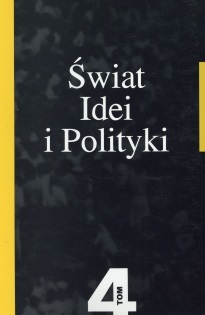Rola Planu Marshalla w początkowym okresie procesu instytucjonalizacji integracji europejskiej
DOI:
https://doi.org/10.34767/SIIP.2004.04.04Abstrakt
Economic aid of the USA for Europe in the form of the Marshal Plan highly contributed to the consolidation of Western Europe’s States within the confines of developing integration institutions. The economic integration supported by the USA was caused by many various factors: economic, military, political, ideological, and also by the problem of solving the German issue. The Marshall Plan was the most important element of the U.S. policy in the late 1940s. The idea of assistance was of purely American origin. However, the American politicians openly spoke about taking the initiative by Europe, and about an agreement among Western European States on the basic problems concerning this support. The essence of the American arrangement consisted in the proposal of taking advantage of financial resources, goods and industrial appliances coming from the United States, and then in establishing close economic co-operation among the Nations of the Continent. At the conference in Paris in July, 1947, sixteen countries of Western Europe established the Committee for the European Common Market which later was transformed into the Organization for European Economic Co-operation (OEEC). And thus, a completely new form of international co-operation appeared in Western Europe. Sixteen sovereign States declared a wish to solve problems in common as an integrated group.
In various fields of public relations, institutionalism occurs when a group of nations accepts mutual interactions valid so far and agrees to reuse them, placing them within the confines of forms and organizations securing their control for themselves. The organization becomes an instrument of collective legitimism for their common interests. The OEEC was such an organization, becoming transformed from the experimental political conference into a formalized and bureaucratic institution having constitutional entitlements to call regular meetings at the minister level.

